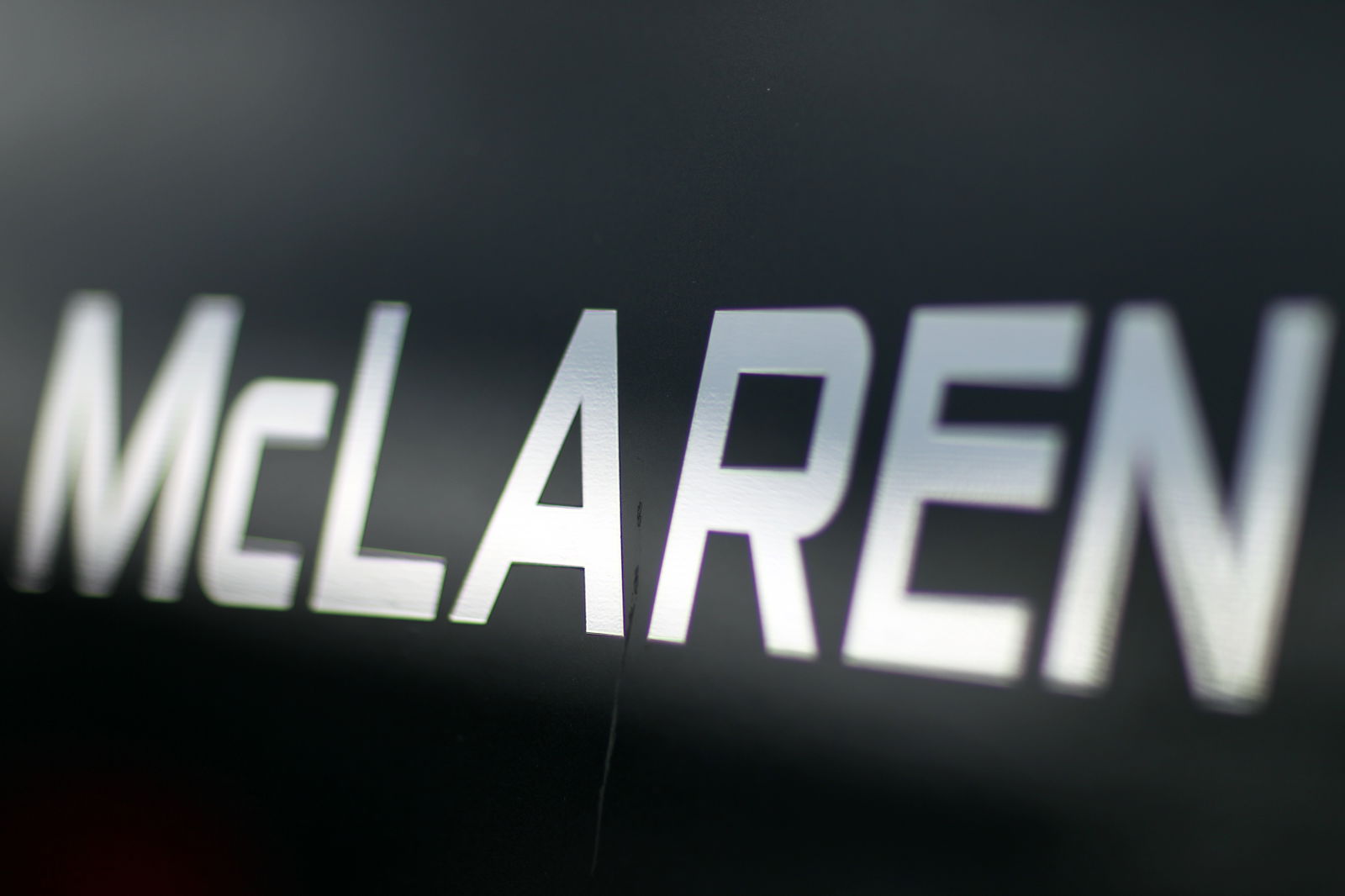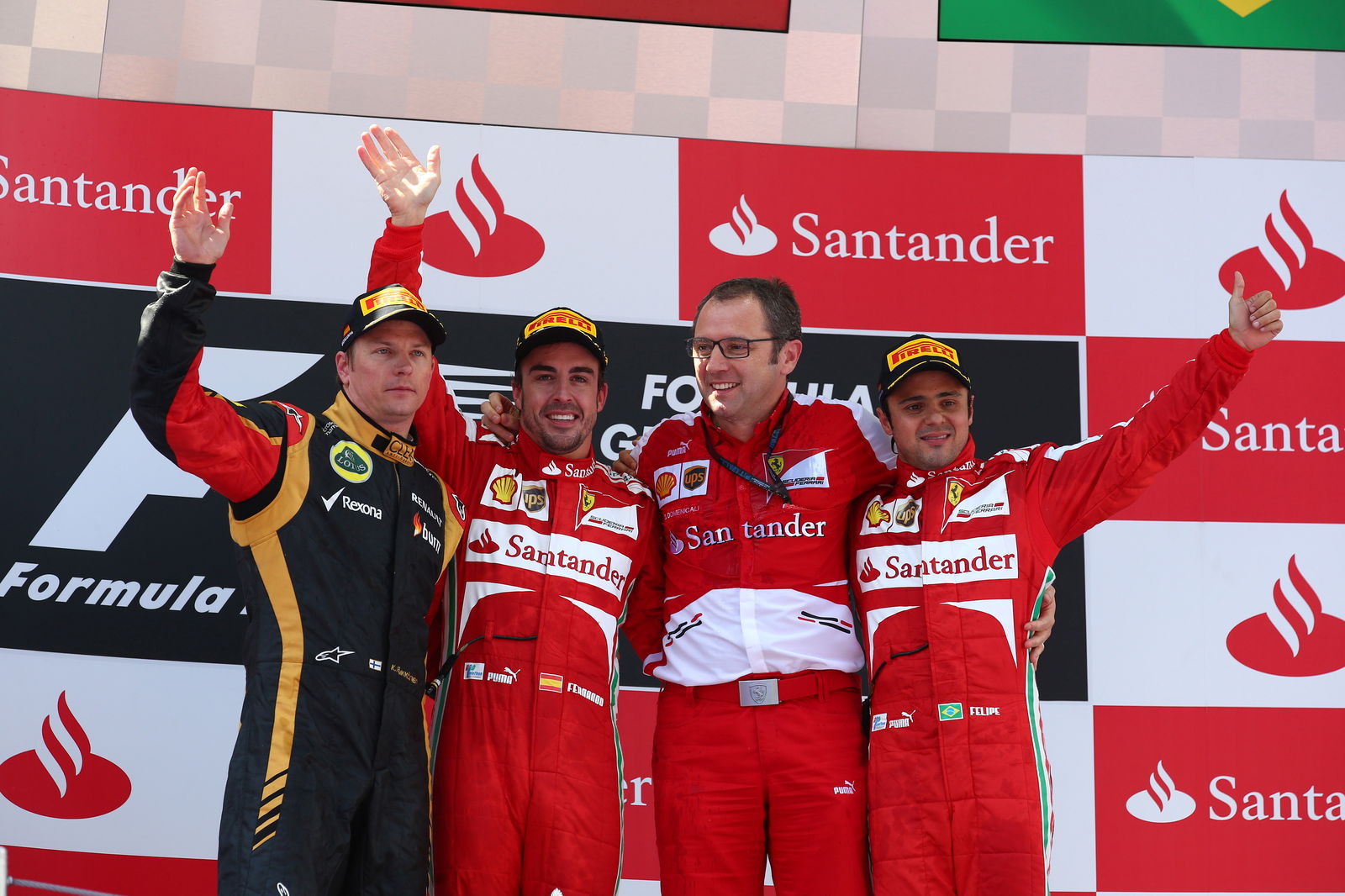Is F1 facing engine cost crisis in 2014?

At the same time as welcoming Honda back into the F1 fold with one hand, the sport's hierarchy are preparing to fight the spectre of prohibitive costs with the other.
Honda's return has been widely regarded as a sign that F1's new engine regulations, due for introduction next season, are attractive to major manufacturers but, amid the euphoria at the return one of the industry's biggest players, it appears that the cost of introducing a change of technology could cost the sport some of its existing members.
Honda, of course, is only returning as a supplier, having already had its fingers burned as a participant, but, according to Germany's Bild, as many as seven teams are currently counting the cost of remaining involved in the top flight after being forced to swallow the price of change, with the next generation of engines expected to cost anywhere between EUR15-23m dependent on package and manufacturer.
Reports at the weekend suggested that a final price for the engines has not been laid down by the FIA, resulting in a wide range of charges being claimed. The 2014 Renault V6 looks like being the most expensive, with a rumoured cost in the region of EUR20-23m, while Mercedes has apparently reacted to the current economic climate by lowering its asking price to less than EUR20m, albeit for its basic package. Ferrari, meanwhile, is rumoured to be the cheapest option, at around EUR15-17m. Each team, however, has existing clients and a limited capacity, as well as rules stipulating how many teams they need to supply, making mass gravitation to the best value impossible.
Although Sauber's Monisha Kaltenborn has long been claiming that the prices are prohibitively high, the latest report from Germany suggests that only frontrunners Red Bull, Ferrari, Mercedes and McLaren are free from concerns over the economic impact of changing engine formula. Each, interestingly, will be supplied - in the longer term - by a different manufacturer, with Honda's return being allied to a renewed partnership with McLaren from 2015.
That deal is expected to result in free engines for the Woking team - something it was no longer getting from Mercedes - but not every operation can be so fortunate, with the smaller teams likely to be the hardest hit by the change. Marussia has yet to even confirm a partner for next year, following the expected exit of Cosworth. Ferrari is seen as the most likely option, given Marussia's hiring of Jules Bianchi, but team principal John Booth has apparently not ruled out possibly making a play to bear the burden of Honda's development season in 2014.
With no Concorde Agreement in place, and cracks having already begun to show in the previously solid teams' association, the chances of negotiating means of capping spending and budgets are slim, especially with the existing Resource Restriction Agreement already being slated by a couple of teams.
Bernie Ecclestone's announcement that prize money will only extend to the top ten teams from this season will only make life tougher for those at the back of the field too. The Briton has spoken of his desire to see just ten teams running at every grand prix - to the point where he backed rumours of a merger between Marussia and Caterham - and is unlikely to consider revising the pay-out structure to make life easier for the minnows.
As a result, it would come as little surprise to see F1's brave new dawn revealing the bodies of those to have fallen on the financial battlefield.

